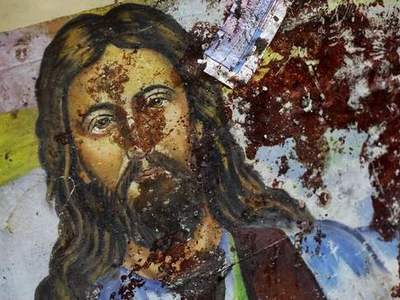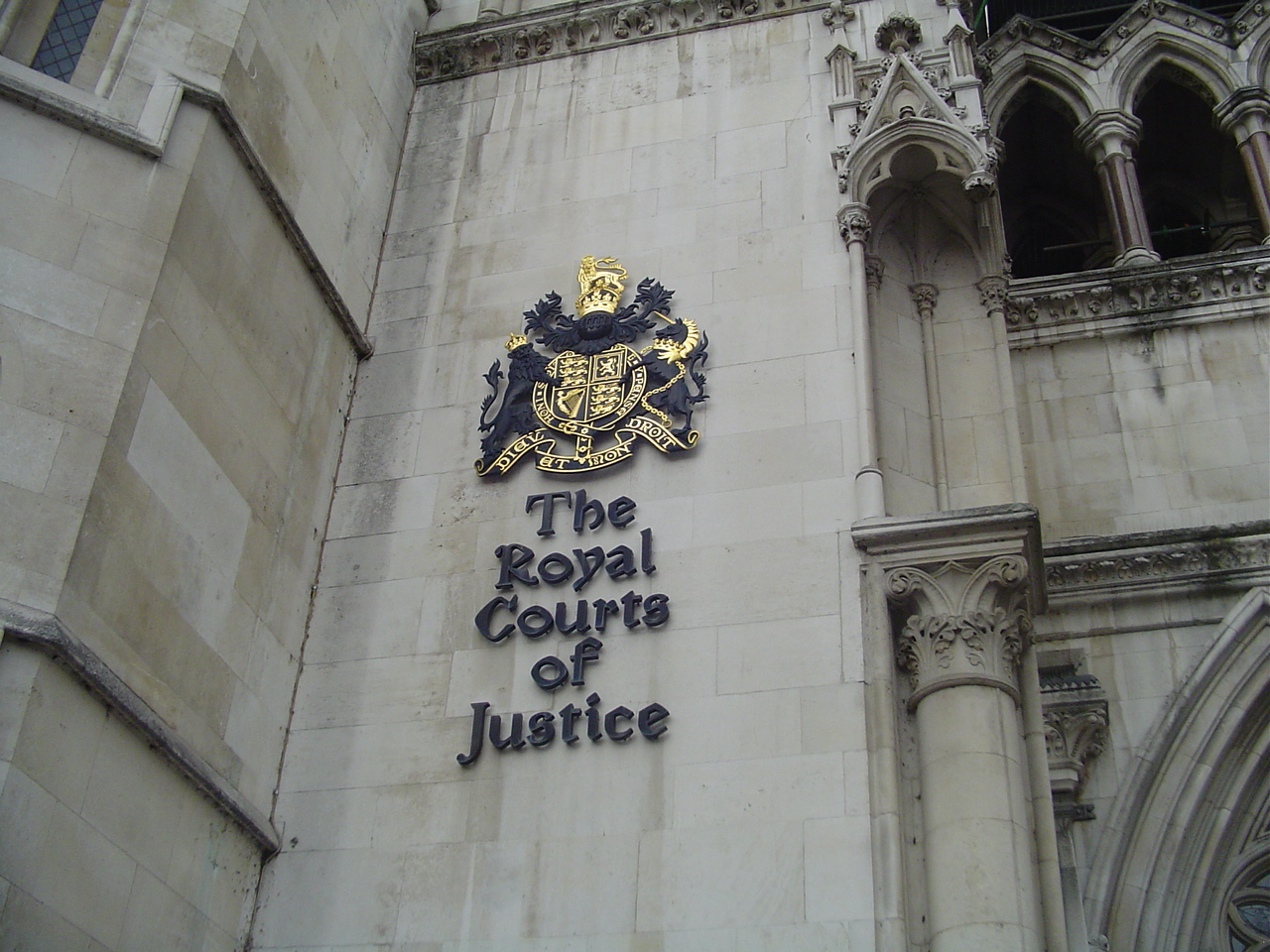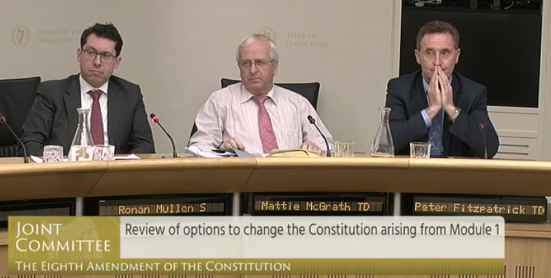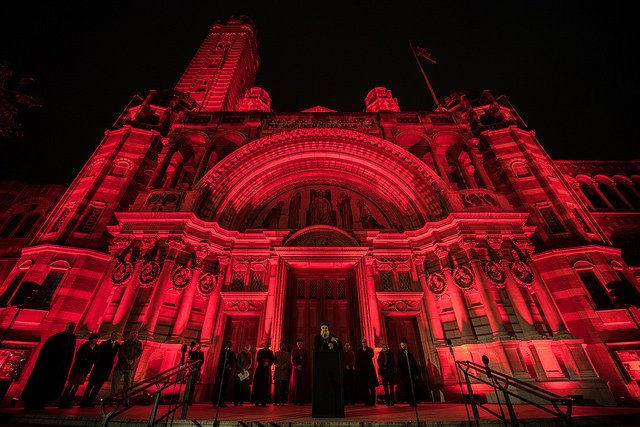
An Iraqi Archbishop is appealing for urgent aid to help the almost 20,000 Iraqi Christian families — around 100,000 people — driven from their homes, but largely overlooked by the International community.
“This is a just case,” Bashar Warda, the Chaldean Archbishop of Arbil, told AFP of his people. “They are persecuted, they are marginalised and they are in need. Iraqis of all religions, of course, suffered greatly under Saddam Hussein’s dictatorship and the conflicts that followed his overthrow in 2003. But smaller minorities, like the Christians and their neighbors the Yazidi, were targeted by extremists in the latest round of bloodletting. The Islamic State group, the latest incarnation of Sunni Muslim violent extremism, unleashed what US officials have branded a genocidal campaign. For Warda and his supporters in US-based charity and church movements, it is thus only fair to ask Washington to treat their case differently. Iraq’s Kurds have an autonomous region and militia that shielded them and the minority refugees they sheltered from the recent violence. The country’s Arab Shiite majority is the focus of the Baghdad government’s rebuilding efforts and receives aid from nearby Iran. And even the Sunni Arabs, some of whom fell under the Islamic State’s sway, will be able to count on some support from wealthy Gulf countries. But the Christians — and the Yazidis — will be on their own, Warda warns, unless foreign donors step up to the plate.

A new study shows that marriage and family breakdown have a big impact on teenage mental health problems. The paper by Harry Benson, Research Director of the Marriage Foundation and Professor Steve McKay at the University of Lincoln used the data of the UK Millennium Cohort Study that surveyed some 12,000 mothers soon after their children were born—most in 2000 and 2001—again several times thereafter, and most recently when their children reached age 14. The authors found that, among intact married families, 20% of 14-year-olds exhibit a high level of mental health problems, compared to 27% among intact cohabiting families. Among divorced families, 32% of 14-year-olds exhibit mental health problems, compared to 38% of teens that age among separated cohabiting families. The authors noted a difference between married and cohabiting parents, whether or not they stay together, and an even bigger gap depends on whether they stay together. Commenting on the findings, they said that, even after taking mothers’ marital status, happiness, and background into account, not having a father in the house remains the number one predictor of teenage mental health problems in the UK.

The UK Girl Guides latest official rules instructs guide leaders to allow members who are biologically male but now identify as female to share changing rooms, toilets, showers and sleeping quarters with girls when away on excursions. The updated rules, which apply to members aged from five to 25, allow female-identifying boys to “share accommodation with other young members if they wish”. The new guidance, issued on the group’s UK website, says that “the use of gendered facilities,” including showers, toilets and changing rooms, “can cause anxiety,” and adds: “Members are allowed to use the facilities of the gender they self-identify as.”
Julie Bentley, Girlguiding Chief Executive, said that the organisation is following the requirements set out in the Equality Act 2010, which states that organisations providing single-sex services must treat people according to their acquired gender. Ms Bentley added: “In line with our values of inclusion, we welcome any young person who self-identifies as a girl or young woman.”
David Davies, Conservative MP for Monmouth in South Wales, told The Mail on Sunday: “If transgender girls who are physically male are going to be sharing facilities, it’s going to make some girls threatened and uncomfortable and the Guides shouldn’t be doing that.”

An Islamist group which has been clashing violently with Pakistani security forces for weeks over a blasphemy dispute has called off protests after forcing the law minister to resign. The violence in Islamabad left at least seven people dead and hundreds wounded and had spread to other major cities across the country including Karachi and Lahore. The protesting Islamists, from the hardline Tehreek-i-Labaik Ya Rasool Allah Party, wanted the law minister to be sacked for omitting a reference to the Prophet Muhammad in a new version of the electoral oath. The wording of the oath has since been restored to its original formula and the minister in charge apologised saying it was a clerical error.
The oath row follows a series of recent blasphemy and persecution cases against Christians. In August, a Pakistani Christian boy was sentenced to death after he was arrested and charged with burning pages of the Quran. In October, a Christian boy was reportedly beaten to death by police in Pakistan on Monday in an apparent revenge attack after the boy was in a fight with a Muslim classmate who tried to bully him into renouncing Christianity. The case follows the killing of another Christian student in August, when Sharoon Masih was beaten to death by at least one Muslim classmate during school hours in Punjab’s Vehari district. The plight of Christians in Pakistan was highlighted in an Amnesty International report taking aim at the country’s blasphemy laws last year. The ‘As good as dead’ report said religious minorities are often the target of false blasphemy accusations and that Pakistan’s blasphemy laws are actually ’emboldening vigilantes’ who are prepared to threaten or even kill those accused.



The very first #RedWednesday events in remembrance of persecuted Christians across the world were held in many churches throughout Ireland this week. Four cathedralsand 40 parish churches participated including St. Patrick’s Cathedral, Armagh, the national shrine of Knock, and the Cathedral churches of Waterford and Galway. Archbishop Eamon Martin, Catholic Primate of All Ireland, at a vigil ceremony held on Tuesday, spoke of how the island of Ireland was tragically familiar with religious persecution and violence from its history – but that Red Wednesday provides an opportunity for different Christian faith traditions to stand united with each other and for each other as an example of peace and reconciliation. Michael Kinsella, Director of Public Affairs and Religious Freedom, Aid to the Church in Need (Ireland), said the purpose of remembering the sacrifice and bravery of those martyred and persecuted Christians historically and presently was so that that “they may know that, even if the world forgets them, God will never forget them (Isaiah 49:15)”.

Pope Francis made another attack on what he calls ‘ideological colonisation’, this time decrying its tendency indoctrinate children in its ‘novel’ way of thinking. Drawing on the historical record of dictatorships in Europe, he said each one brought with it an ideological colonisation that included “indoctrination in schools”, where “freedom is taken away, history, people’s memory is deconstructed, and an educational system is imposed on young people”. Citing a contemporary example, he said “I know a country, a nation that asks for a loan, [and the answer is] ‘I will give you the loan, but [in return] you, in your schools, have to teach this, and this, and this,’; books that have erased all that God has created and how he has created it. They erase the differences, eliminate history: from today you have to start thinking in this way”. The Pope explained that such indoctrination is an attempt to “eliminate memory, reducing it to ‘fables’, ‘lies’, old things”. Moreover, he said those who do not think like this are cast aside, threatened, deprived of freedom, which then corresponds to “another form of torture” and “persecution”.

Members of the committee on the Eighth amendment have adamantly denied accusations that their work is biased toward a predetermined, pro-abortion outcome. Social Democrats TD Catherine Murphy said the claim of bias was “utter nonsense” and the narrative that peddled it was “a lie”. People Before Profit TD Brid Smith said there had been a deliberate attempt to create a fake perception that the chair was biased. Sinn Féin’s Jonathan O’Brien denied there were only three anti-abortion members on the committee, adding that he considered himself to be neither “pro-choice or pro-life.” He said the conduct of Senator Rónán Mullen and Independent TD Mattie McGrath had been “disgraceful”. In response, Senator Mullen said he had tried to avoid criticism of the chair but her management of the committee had “failed to procure objectivity”. Deputy McGrath said the committee was a “stitch-up” for which the members were responsible. The committee’s work was unbalanced and there had been an “appallingly skewed line of speakers” before the committee, which had “already voted for abortion”, he claimed. The committee hearings had been “a charade from the start”, the Tipperary TD said.

The Prime Minister of France has ordered that so-called “inclusive writing” – an attempt to make French grammar politically correct and gender neutral – cannot be used in official government texts. Mr Edouard Philippe wrote a memo to his cabinet that “the masculine (form) is a neutral form which should be used for terms liable to apply to women,” and added, “State administrations must comply with grammatical and syntactic rules, especially for reasons of intelligibility and clarity”.
The move was in response to new spellings of French words that have been proposed for some masculine-gendered nouns. The new spellings include feminine forms rather than following the rule that plural masculine endings denote both women and men – a practice that the French ministry for gender equality has described as a form of sexual tyranny. The Prime Minister, however, has now firmly come down on the side of French language purists and has ordered all government ministries to follow suit.